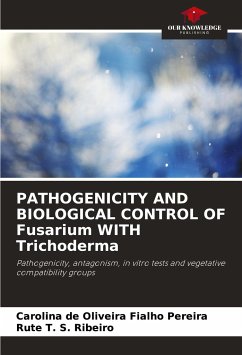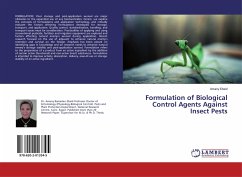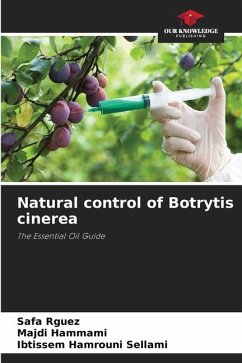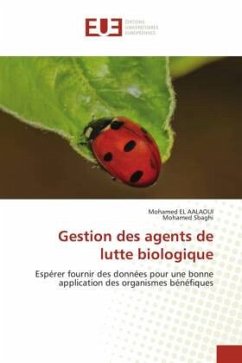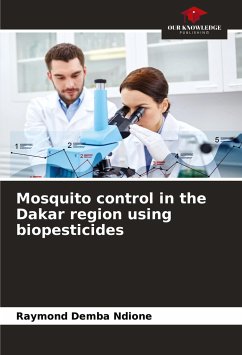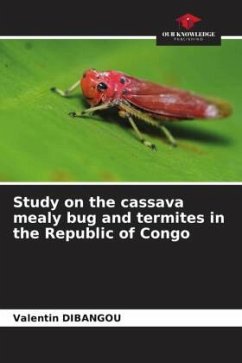
Management of biological control agents
Managing biological control agents: Hoping to provide data for proper application of beneficial organisms
Versandkostenfrei!
Versandfertig in 6-10 Tagen
29,99 €
inkl. MwSt.

PAYBACK Punkte
15 °P sammeln!
Recently, the role of biological control as a powerful alternative strategy to chemical control has been gaining in importance. Numerous biological control agents are used today to control scale pests worldwide, among which the Coccinellidae are the most represented, numbering some 4,200 species, 90% of which are considered beneficial predators. Most ladybug predators are generalists, and their relationship with their prey is not density-dependent (type II functional response). Although the effectiveness of generalist predators against pests is still largely unknown, they can play an essential...
Recently, the role of biological control as a powerful alternative strategy to chemical control has been gaining in importance. Numerous biological control agents are used today to control scale pests worldwide, among which the Coccinellidae are the most represented, numbering some 4,200 species, 90% of which are considered beneficial predators. Most ladybug predators are generalists, and their relationship with their prey is not density-dependent (type II functional response). Although the effectiveness of generalist predators against pests is still largely unknown, they can play an essential role in low-infestation situations, when pest populations are scarce and specific natural enemies are lacking. In addition to climatic adaptation, many other factors can influence the success of beneficial organisms as predators in the field, such as prey density, temporary prey isolation, prey size, pesticides, intragroup predation, mutual interference and cannibalism.




